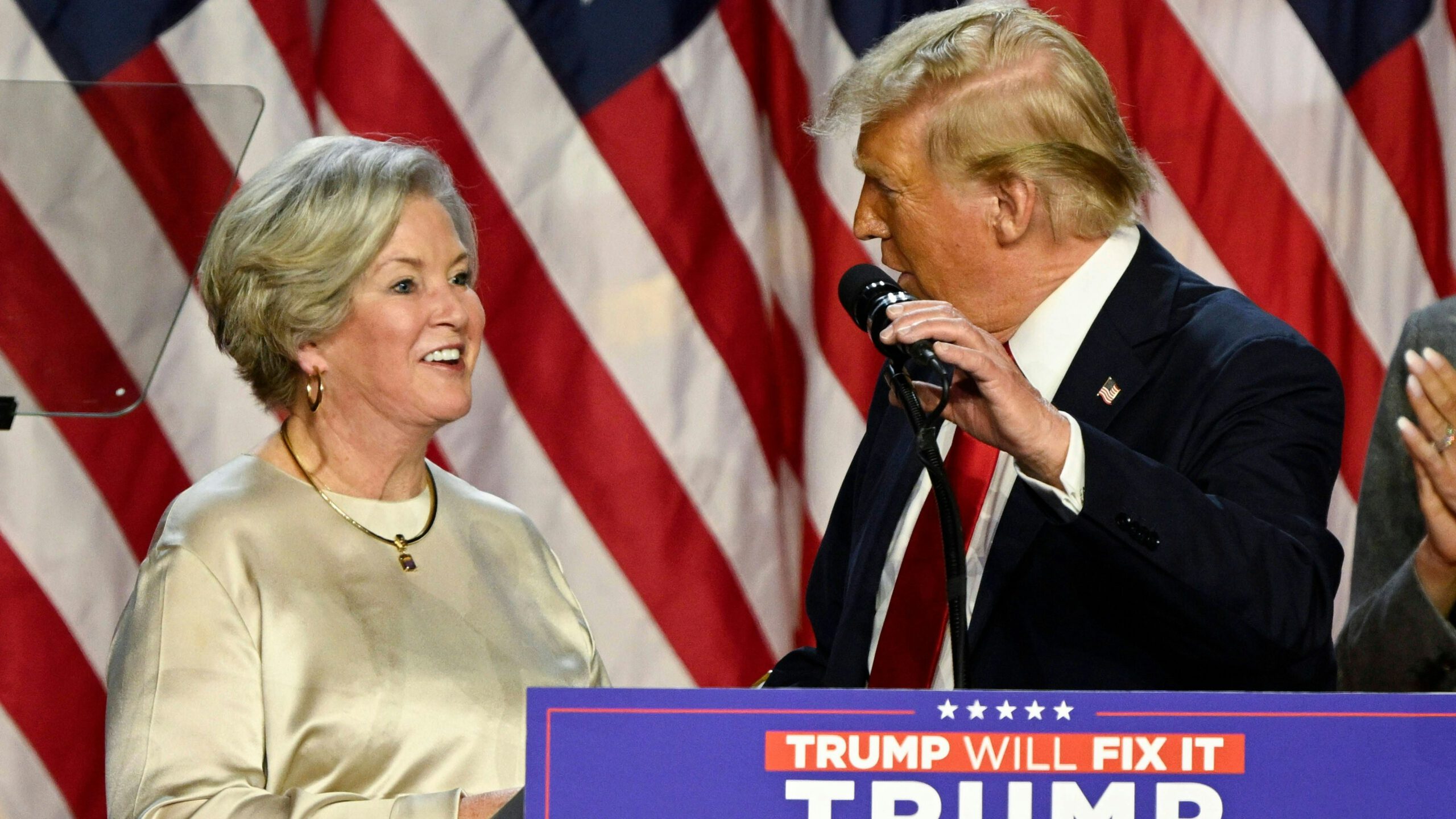Housing prices above $400K have locked out countless crypto holders sitting on digital fortunes they can’t officially use for mortgages. That changes now.
Federal Housing Finance Agency Director William J. Pulte ordered Fannie Mae and Freddie Mac in June to develop plans recognizing cryptocurrency on regulated U.S. exchanges as qualifying mortgage reserves—without forcing dollar conversion first. This isn’t some fringe experiment. The directive supports President Trump’s vision to make America “the crypto capital of world,” according to Pulte, who argues the mortgage industry must “catch up” to how Americans actually invest today.
With 21% of adults holding crypto—most under 45—traditional asset requirements increasingly miss where young wealth actually lives.
Congressional Support Builds Momentum
Legislative momentum is gaining across party lines for crypto mortgage reform.
Rep. Nancy Mace reintroduced the American Homeowner Crypto Modernization Act, requiring federal agencies to update underwriting for all government-backed loans. Sen. Cynthia Lummis pushed the 21st Century Mortgage Act targeting the same goal.
Both bills address what crypto advocates see as an obvious gap: your Bitcoin portfolio gets ignored while your equally volatile Tesla stock counts toward mortgage qualification. “Some stocks are even more volatile and risky than some long-standing cryptocurrencies,” notes Daryl Fairweather, Chief Economist at Redfin. Lenders already assess risk across asset classes—crypto just requires updated frameworks.
The Guardrails Matter
Strict requirements ensure only regulated crypto holdings qualify for mortgage consideration.
Don’t expect to flash your hardware wallet and walk out with keys. Only crypto held on U.S.-regulated centralized exchanges qualifies, with mandatory documentation and risk-based adjustments for volatility. Proposals include capping crypto’s proportion of total reserves and implementing liquidity buffers—sensible guardrails that acknowledge digital assets‘ unique characteristics without dismissing them entirely.
Opposition Warns of Systemic Risk
Democratic senators raise legitimate concerns about housing market stability.
Democratic senators worry about housing market stability, warning that crypto’s volatility could destabilize lending. Their concern isn’t unreasonable—sudden price crashes could trigger defaults if borrowers’ reserves evaporate overnight. The 2008 housing crisis started with risky lending practices, making regulators rightfully cautious about expanding asset categories.
Your Ethereum stash won’t automatically qualify you for that dream home tomorrow. Fannie Mae and Freddie Mac still need to develop specific implementation guidelines, risk models, and approval processes. But for crypto-heavy millennials priced out of traditional homebuying, this policy shift represents the first serious recognition that digital assets constitute real wealth deserving real-world applications.
The mortgage industry is finally catching up to how you actually build wealth in 2025.






























